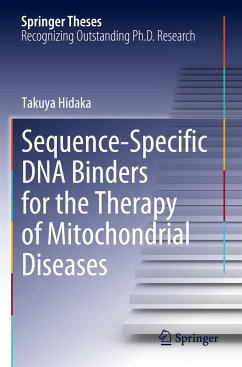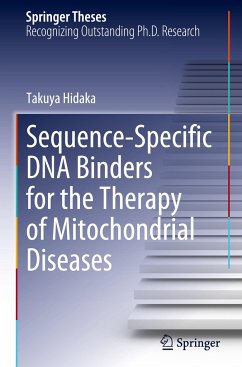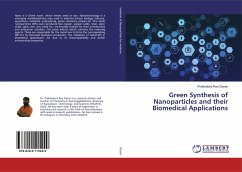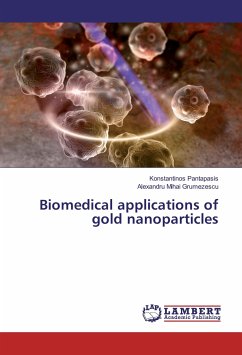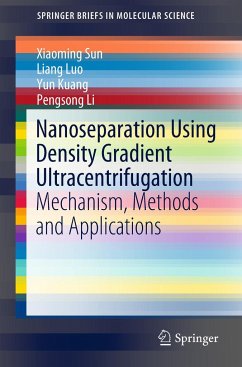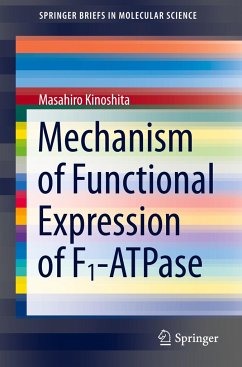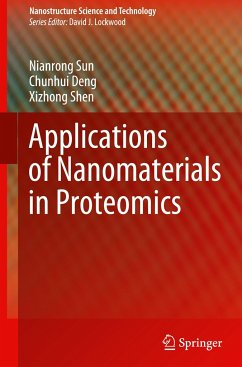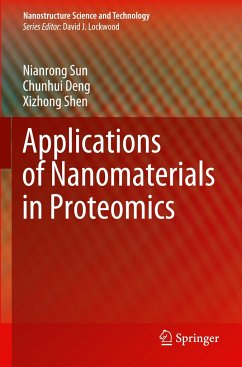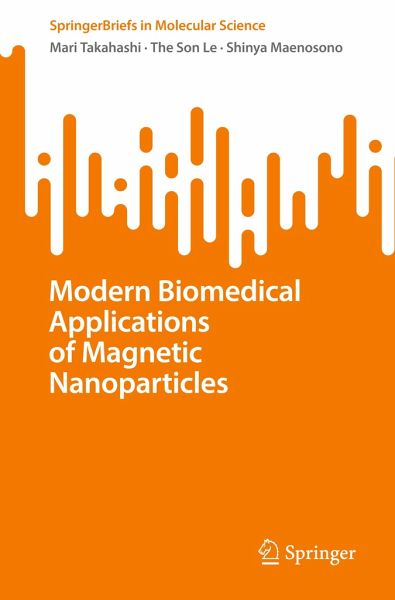
Modern Biomedical Applications of Magnetic Nanoparticles

PAYBACK Punkte
19 °P sammeln!
This book provides a comprehensive insight into the current research trends and ongoing advances in biomedical applications of magnetic nanoparticles. New uses for magnetic nanoparticles in biomedical fields such as magnetic particle imaging, microfluidics applications, organelle isolation, nanovaccines, and magnetogenetics are presented in keeping with traditional applications of magnetic nanoparticles in clinical diagnostics and therapeutics. Each section of the book provides feature questions with answers available from various research showcases and literature references, together with num...
This book provides a comprehensive insight into the current research trends and ongoing advances in biomedical applications of magnetic nanoparticles. New uses for magnetic nanoparticles in biomedical fields such as magnetic particle imaging, microfluidics applications, organelle isolation, nanovaccines, and magnetogenetics are presented in keeping with traditional applications of magnetic nanoparticles in clinical diagnostics and therapeutics. Each section of the book provides feature questions with answers available from various research showcases and literature references, together with numerous illustrations to help readers grasp key ideas. The book was written for graduate students and researchers in the fields of magnetic nanomedicine and nanobiotechnology.



